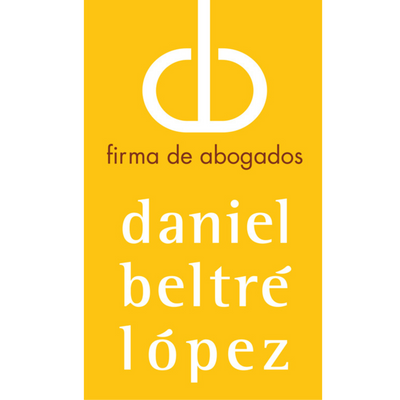The new school year is set to take place amidst a global health pandemic caused by COVID-19, which places Dominican society facing significant challenges in reconfiguring the national education landscape as best as possible. The prevailing in-person education model has been disrupted, revealing its precariousness and shortcomings in establishing a distance learning model.
Distance learning should be part of a contingency plan, gradually replaced by in-person classes, as the harmful effects of this long lockdown on our children are undeniable, as they have lost physical contact with their peers and the human bond with their teachers.
The time is right for us to embark on the path of digital transformation for knowledge, leveraging information and communication technologies (ICTs) to generate the splendor of learning and knowledge technologies (LKTs), technologies for pedagogical purposes, based on specialized methodology that contributes to teaching and learning.
Talking about digital transformation and access to an educational audiovisual platform would seem exclusionary, given the large number of children who lack internet service, a computer, or a tablet at home, or who lack a qualified tutor to guide them through this new virtual learning process. It also reflects the challenges of low-income families, who are exposed to the challenges of not having a constant supply of electricity.
But it's time to consider a subsidized education model—one that's modern, high-quality, inclusive, and comprehensive, that creates alternatives for all students and provides solutions to the problems of virtual education in the face of parents' work obligations and existing social inequalities.
The crisis has given us a great opportunity to use the media as a catalyst for change in the schooling process; to meet the demands for equipment, connectivity that allows equal internet access for all students, and training in the use of ICTs.
This would be the opportunity to finally design an open educational television program that complements the educational offering, using edutainment, a combination of education and entertainment, and whose content can be hosted on an online audiovisual platform, allowing students to use various applications and virtual libraries.
The Dominican education system could benefit from such programming, segmented into schedules duly classified according to the different academic levels, which could also be broadcast on the radio and delayed by Telecable services.
It's time to consider designing a curriculum focused on content that teaches about culture, art, and the various disciplines of knowledge. Many fear the loss of a year of school, but in the worst-case scenario, if we take advantage of these innovations so our children learn only about history, geography, literature, the arts, vocabulary, morality, and civics, to name a few topics, we will already have won.
The TIC TAC of Dominican education marks the time to promote the software industry and the creation of educational platforms, as well as the promotion of learning and knowledge technologies to enrich traditional teaching, transforming them from temporary tools into permanent instruments for student consultation and interaction.
AUTHOR: Gabriela Beltré
The author is a lawyer, specializing in constitutional law and communication law at the University of Paris II Panthéon-Assas
